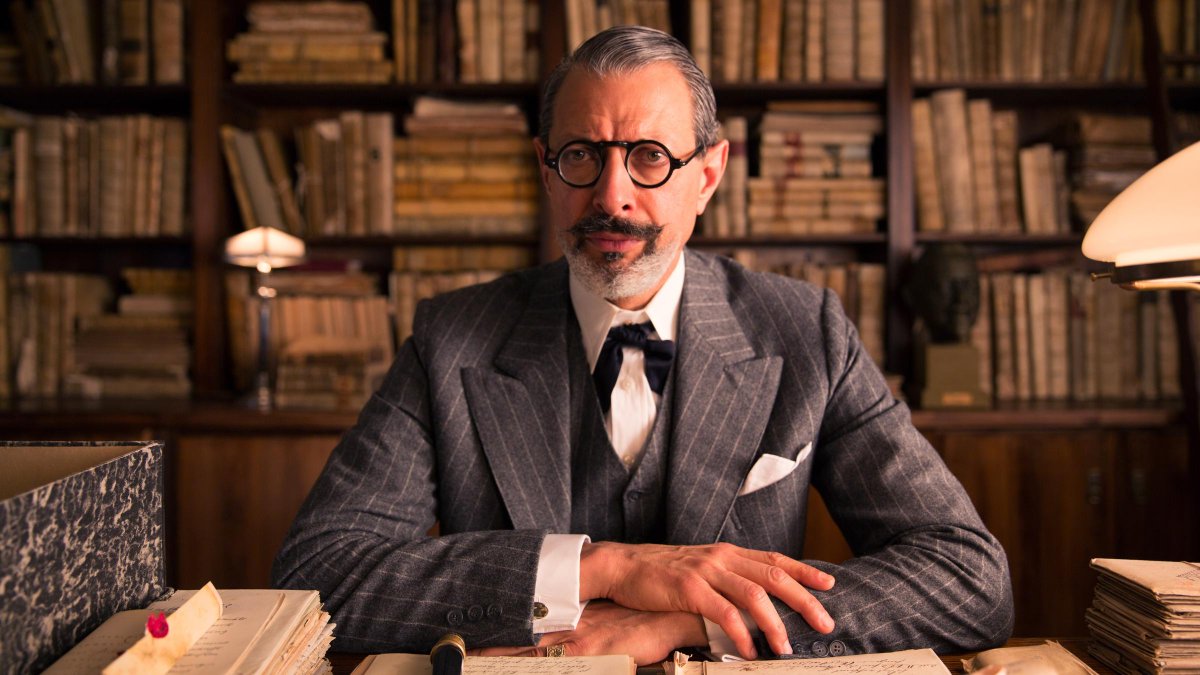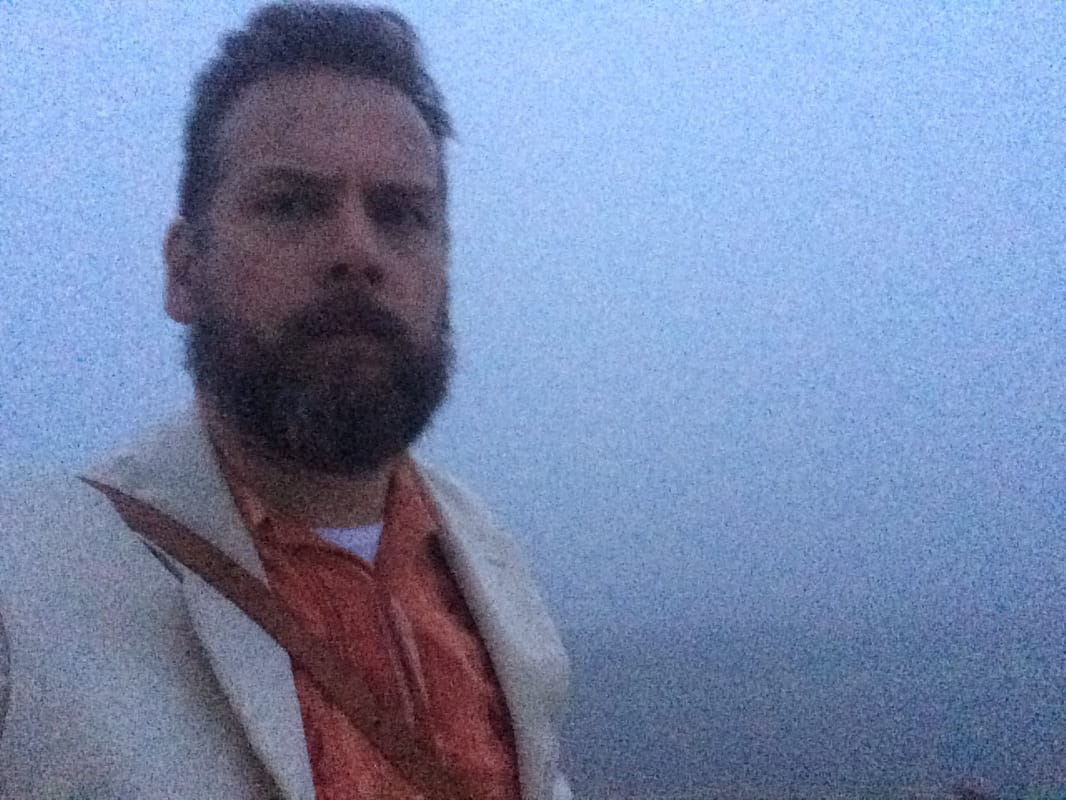|
I remember reading in one of Bob Woodward’s books about George W. Bush that the man’s idiocy was overstated and that actually he was a very clever man who simply had difficulty expressing himself, especially when he was called on to do improv. As proof was a challenge he had with Karl Rove to read one hundred books in a year. It rocked me on my heels to think about Bush reading that many books and still claiming his favourite children’s book to be The Very Hungry Caterpillar, which was published while he was already an adult. So when I saw on GoodReads that you could challenge yourself and your friends to a reading competition I flung myself into it but hating to lose aimed for the decidedly lower figure - by about 50 percent - of 50. Little did I think that I should easily whip through that many before I was six months into my challenge and so I upped it to Bush-like levels and full-steamed ahead. Of course, there were some cheats. I love reading graphic novels and so I diligently recorded these, though in terms of wordage they consume less. And I have a feeling that I might have included all three novels of Anthony Powell’s Dance to the Music of Time Volume One and the omnibus edition they came to. Still, my total was an impressive 122 books in all. And looking through the list some patterns emerge, new authors discovered, old favourites revisited.
The new authors - by which I mean new for me - were led by the women. Joan Didion was one such. Both a novelist and a ‘new’ journalist, her writing has been hugely influential on the likes of Bret Easton Ellis. She has a spare, economic style, that works best when she is cutting through what otherwise would be deeply emotional material: most obviously The Year of Magical Thinking. It is almost a test to destruction of the reserve we find in her novels. Shirley Jackson was the overwhelming discovery for me of the year. This macabre and unsettling novelist is also deeply funny. Her stories skirt ordinary madness with extraordinary wit. The Haunting of Hill Castle and We Have Always Lived in the Castle are superlative mixtures of dark comedy and horror, but The Sundial and the short stories also provide the dread and thrill of impending dissolution and apocalypse. New writers such as Cynthia Bond, Charlie Jane Anders and Sarah Perry were entertaining but paled by comparison. Elizabeth Strout, however, stands up. She has the nobility of the arrow-like sentence that hits its target again and again in books such as The Burgess Boys. I also very much liked Sebastian Barry’s new western Days Without End and Ian McGuire’s The North Water. Other new writers included the aforementioned Anthony Powell as well as the French writer Emmanuel Carrere, whose books often bleed nonfiction and fiction together. His life of Philip K. Dick and his fascinating The Adversary are both well worth looking at. Some of the classics I finally got round to looking at were firmly grouped in the dystopian genre. A Handmaid’s Tale by Atwood proved less compelling than I had hoped. It was okay but it felt dated as did Ray Bradbury’s Fahrenheit 451. I went on to read a bunch of Bradbury short stories. He has a rich fruity storytelling voice - ‘I’m a storyteller and my story must be told’ - but many of the stories have the magazine friendly plot twists that become predictable with overexposure in an anthology. Science fiction was a genre I went fully into. I finally caught up on Neal Stephenson’s work as well as reading William Gibson’s Neuromancer for the first time, and Cixin Liu’s The Three Body Problem, the first in a trilogy by the renowned Chinese writer. Fantastic literature was also included in my ongoing race through the horizon- stretching oeuvre of Stephen King. I must have read about ten of his novels this year, including It in preparation for the new movie. He’s always interesting, occasionally dull. There is always a time around about the middle where he obviously becomes less interested in the book he’s writing and starts thinking about the book he’s going to write next. Another out of the blue obsession has settled in with Lee Child and his Jack Reacher books. These are refreshing machine tooled thrillers which do what they say they do. Jeremy - my friend at work - responded to my description of them by saying ‘Ah, they’re the books you read between books.’ A perfect description. In terms of short stories, as well as Jackson and King, I also reread Carver and found him much more various than I previously had, all of George Saunders including his great first novel Lincoln in the Bardo. Non-fiction has been largely political with The Age of Anger feeding my irritation and Collusion offering some home. Biographies of Paul McCartney and Buster Keaton have also been enlightening. Here’s a link to my GoodReads page if you want to check out what I have and have not mentioned.
0 Comments
Leave a Reply. |
AuthorJohn Bleasdale is a writer. His work has appeared in The Guardian, The Independent, Il Manifesto, as well as CineVue.Com and theStudioExec.com. He has also written a number of plays, screenplays and novels. Archives
March 2019
|

 RSS Feed
RSS Feed


